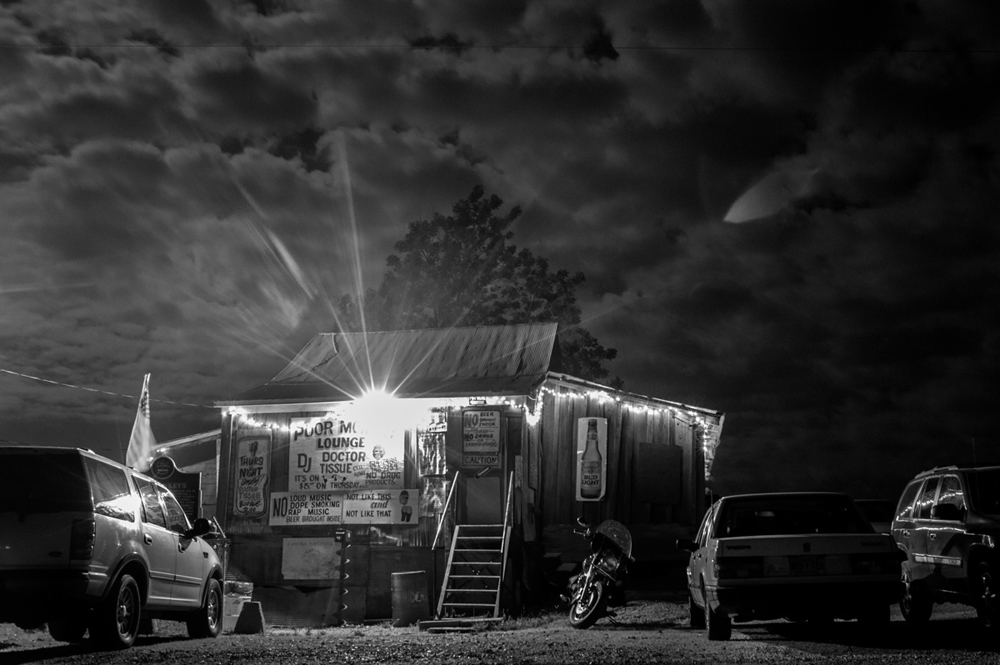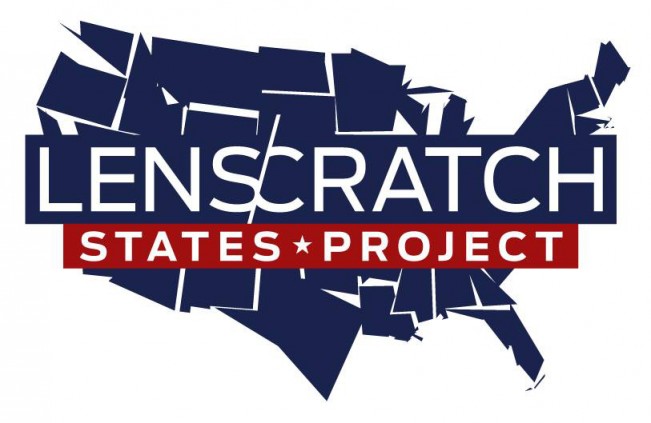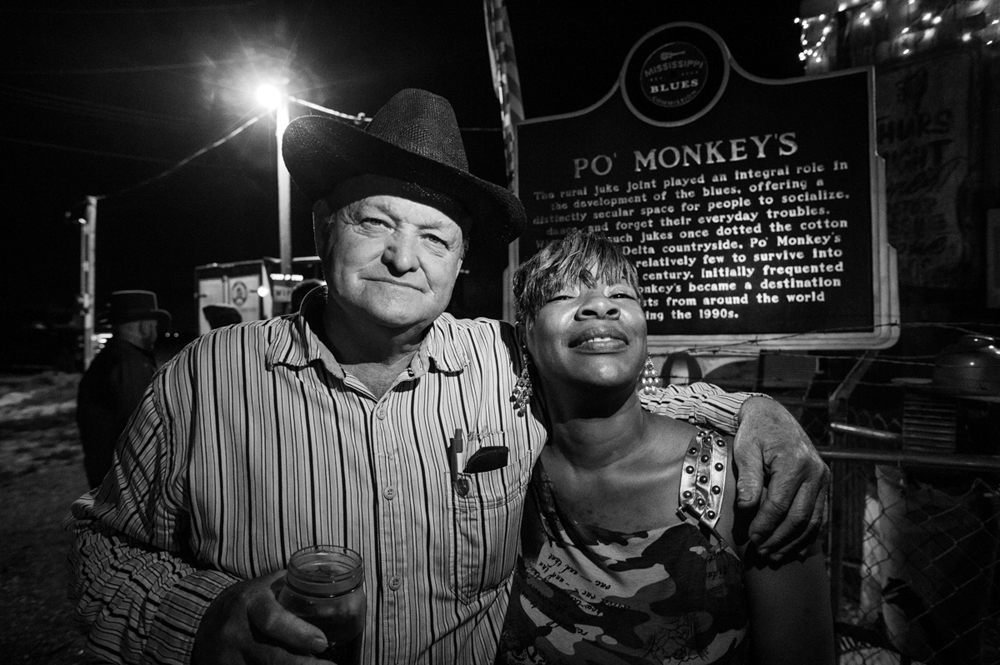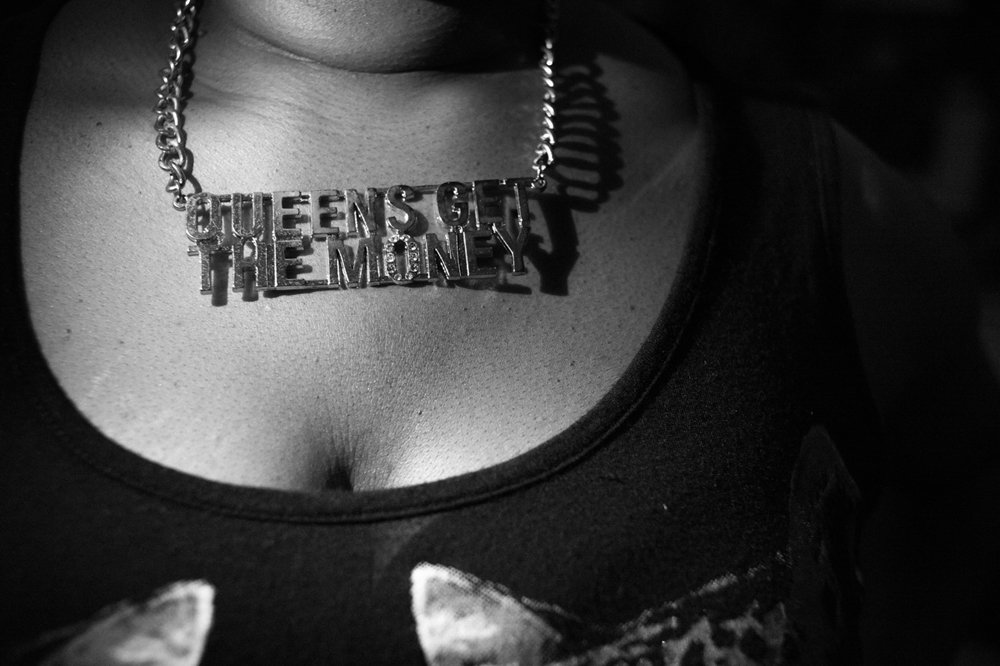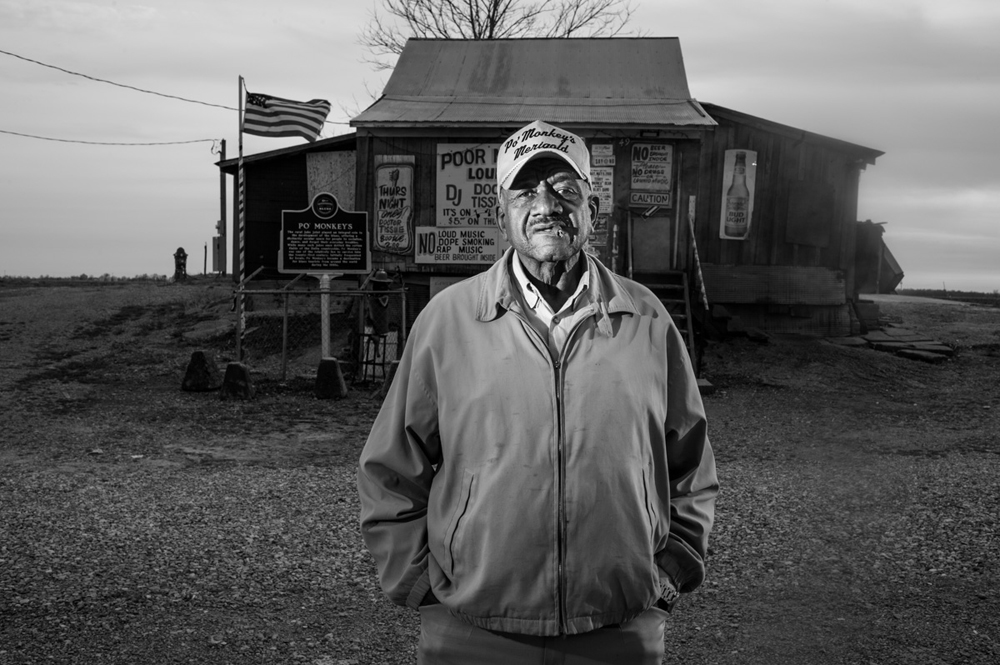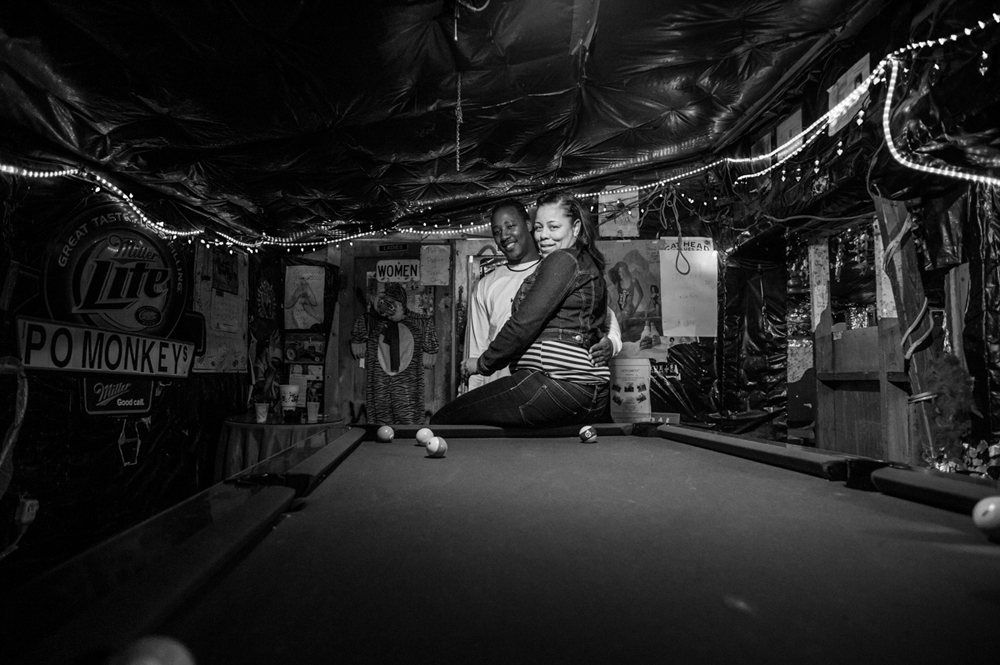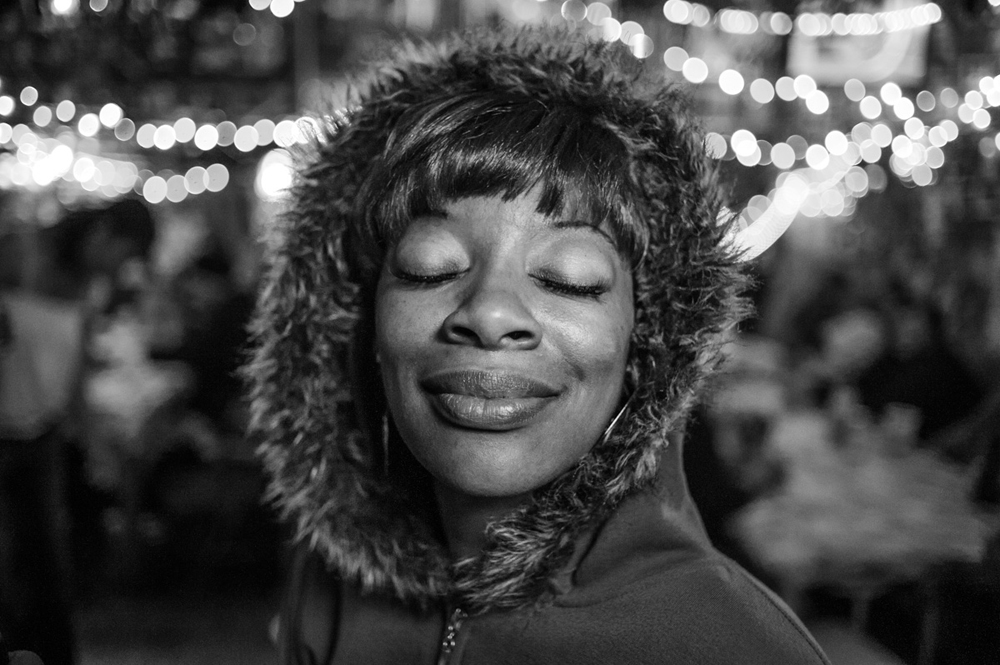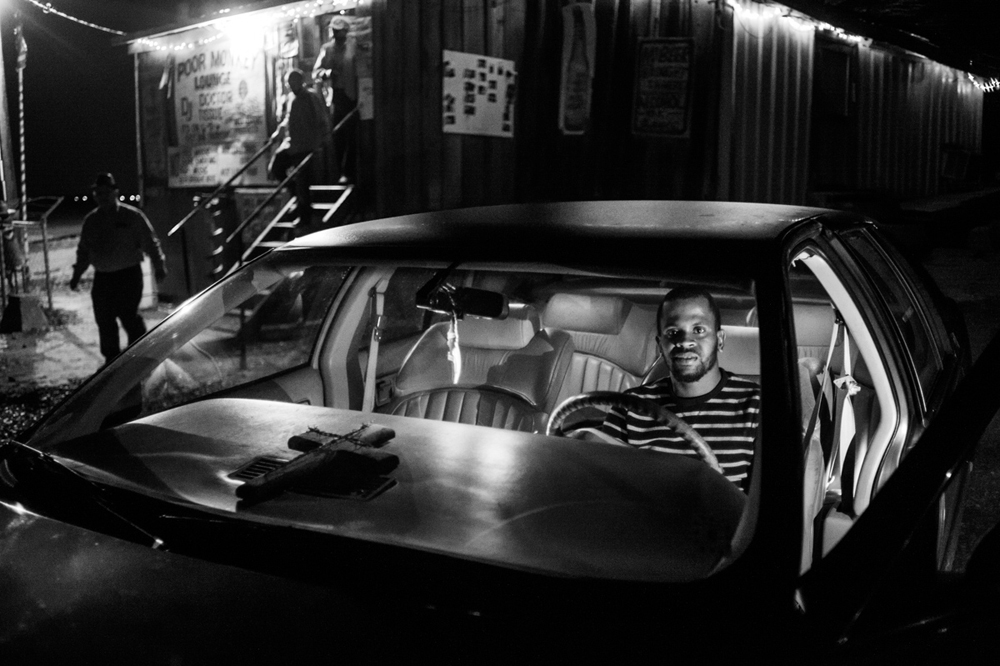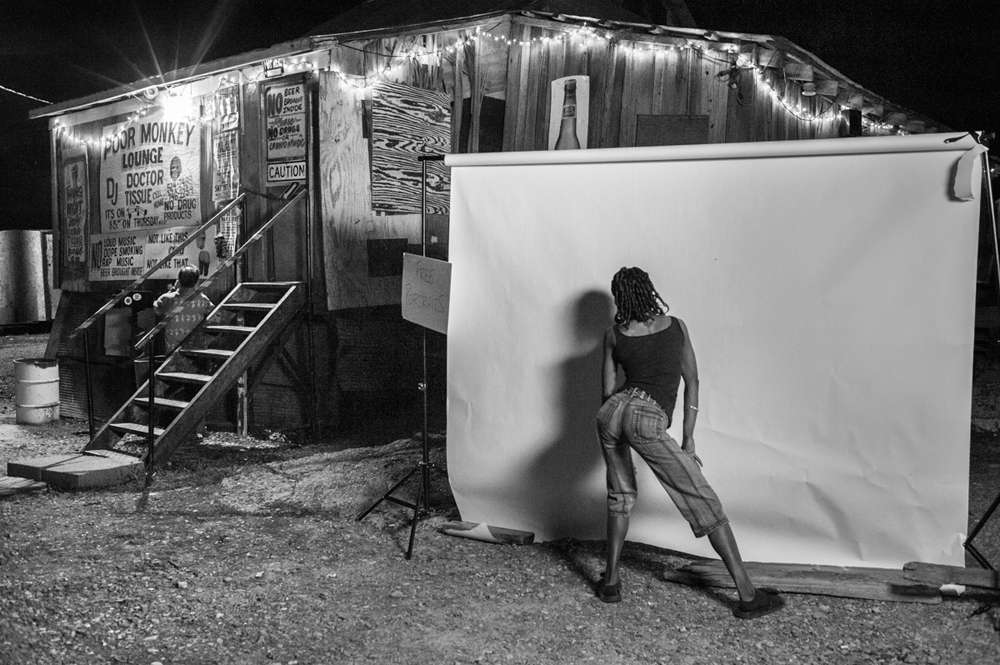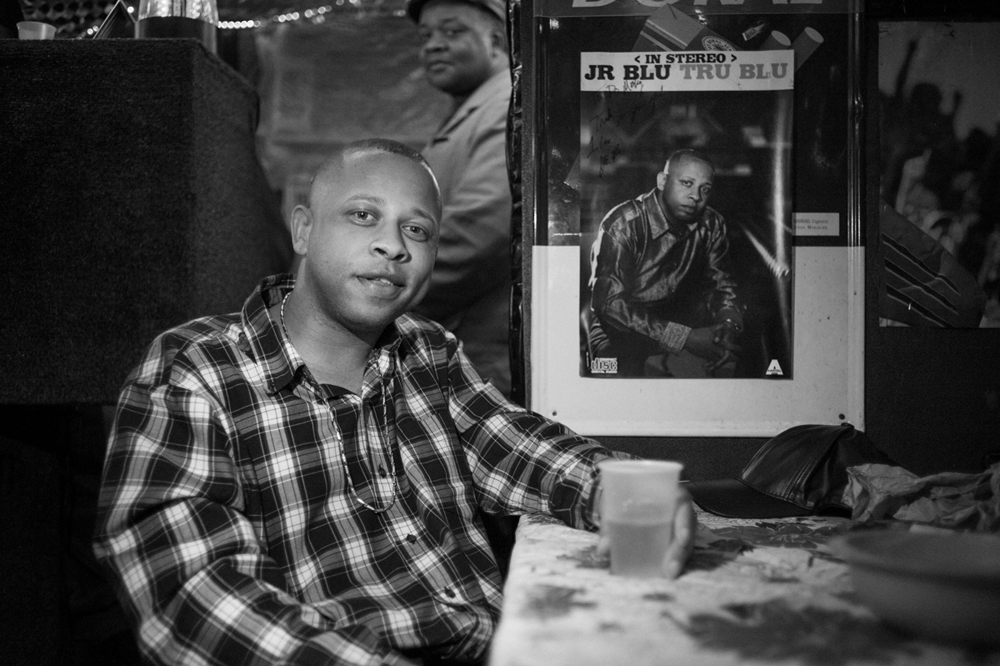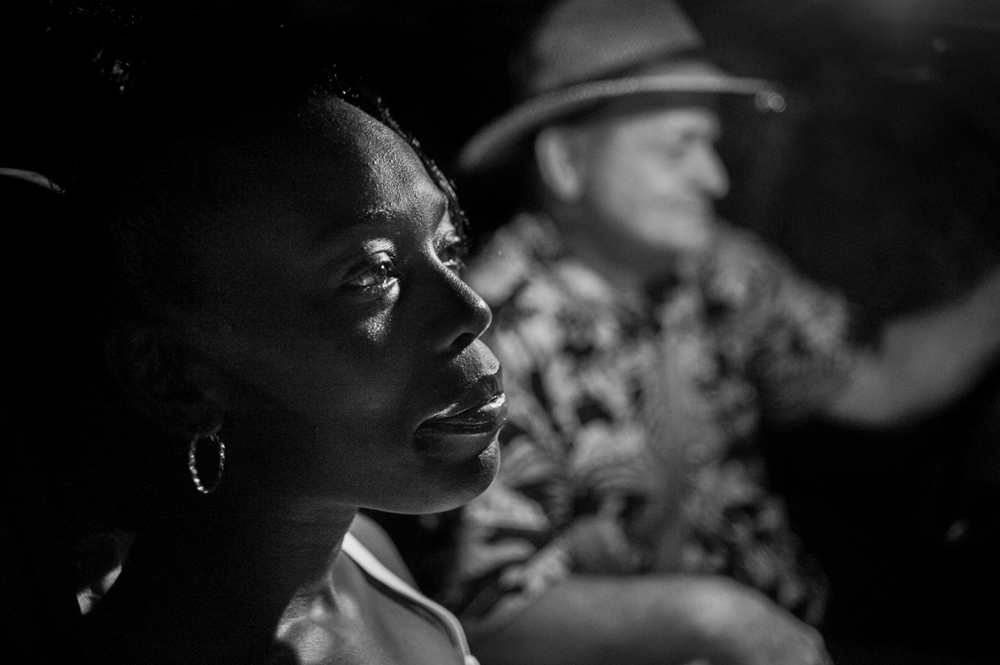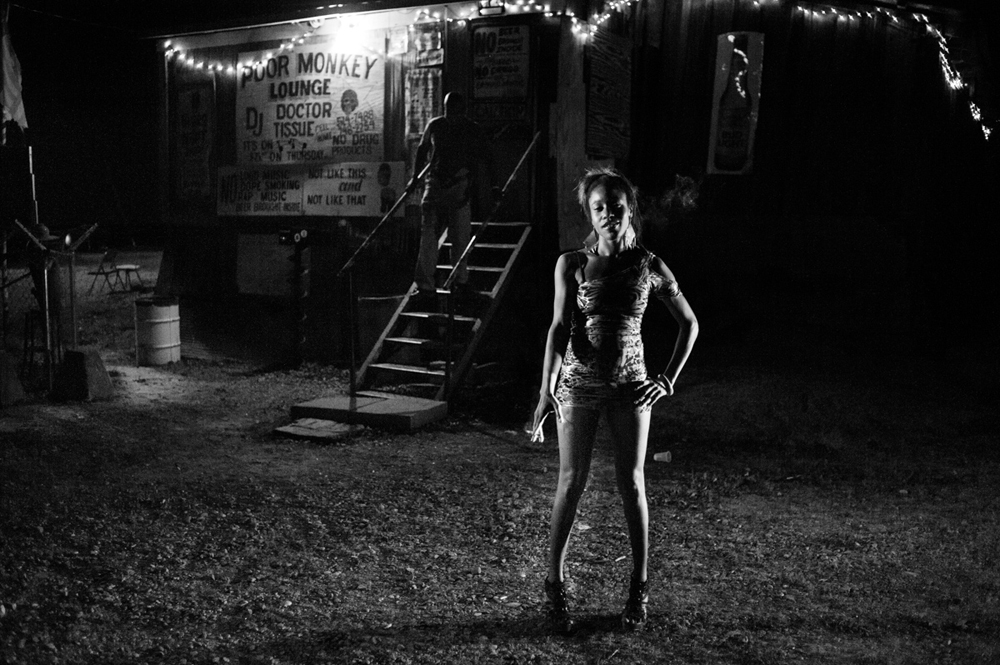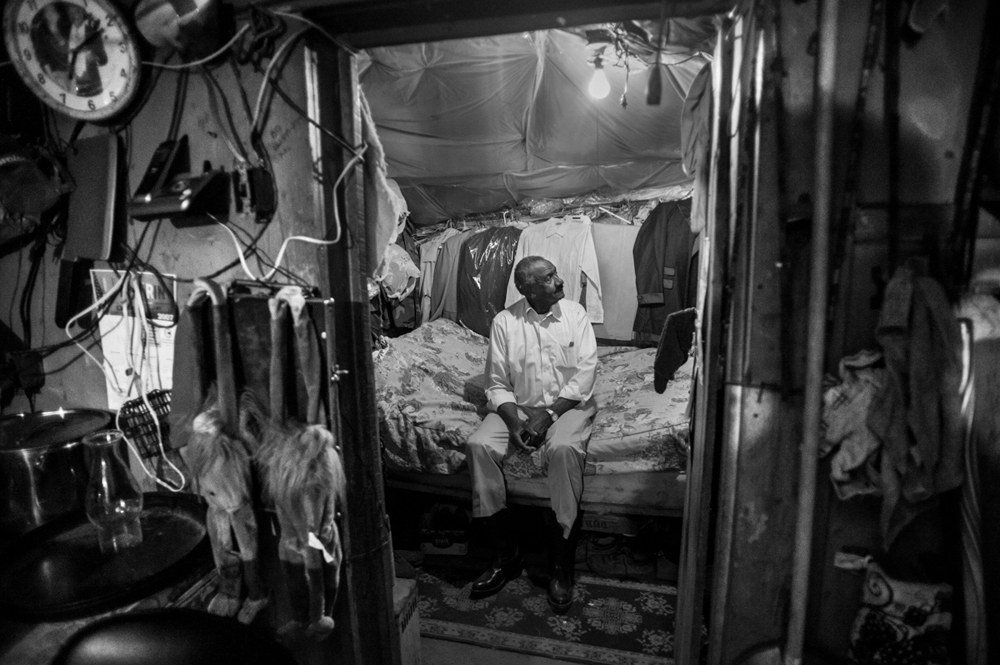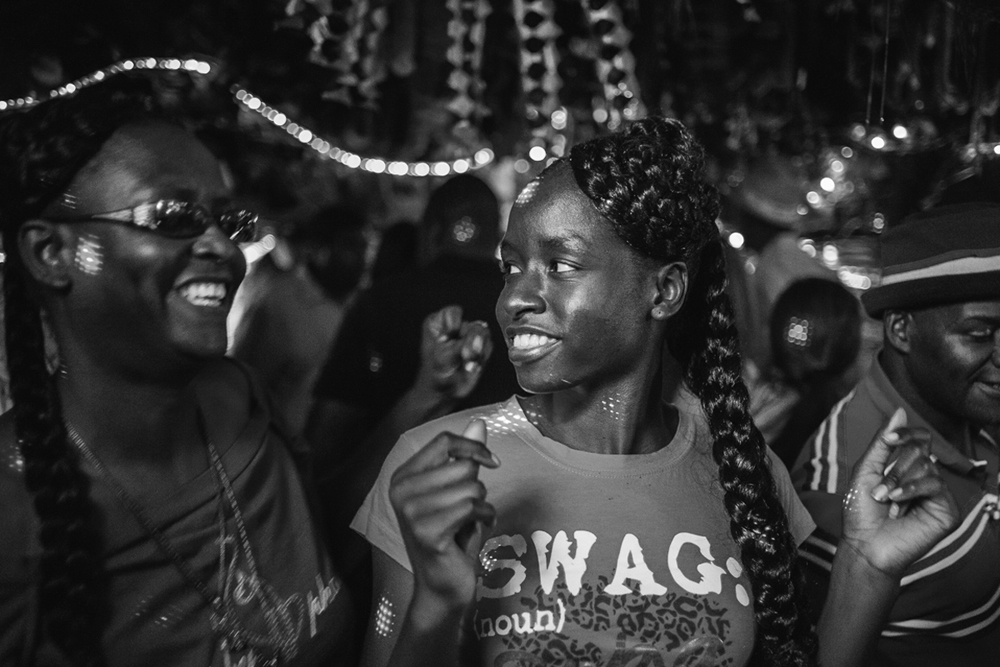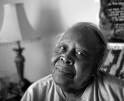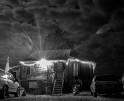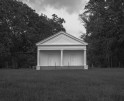Will Jacks: The States Project: Mississippi
I first met Will Jacks when I was in search of a gallery to show my Mississippi images. He had started a photo gallery in an old storefront in his hometown of Cleveland in the Mississippi Delta. It sounded ideal, and though very successful, it was not to last. When it closed, he went on to a teaching career. And here he has succeeded as well, and for that, I think his students and local community are very fortunate. He is a natural storyteller and encourages his students to tell their own stories. In this way, he helps them to learn about themselves, appreciate where they are from and give something back to their community. His story and photographs documenting Po’ Monkey’s Lounge and the life of Mr. Willie Seaberry is incredibly compelling. This is the kind of story that brings people from all backgrounds together, something that is critical here in Mississippi. I look forward to getting the book when it gets published!
After a short-lived tenure as a middle school English teacher and athletic coach, Will Jacks finally settled into a career as a photographer. After finishing Journalism graduate studies at the University of Mississippi in 1996, he returned to his hometown of Cleveland, MS and opened a photography studio. Eventually, that grew also to serve as a regional photo gallery, and in September 2013, Time Magazine recognized its Eudora Welty exhibit as one of the top thirty ways in the world to experience photography offline.
Will’s first monograph documents the juke joint Po’ Monkey’s Lounge, and has been selected by University Press of Mississippi to be published in 2017.
Currently, Will lives in Cleveland and New Orleans with his wife, Jamie, and their two dogs, while working as a freelance photographer/multimedia storyteller and instructor at both Delta State University and the University of Mississippi.
Po’ Monkey’s
For the last eight or so years, I spent many Thursday nights at Po’ Monkey’s Lounge, a juke joint outside of Merigold, Mississippi. In the last twenty years, this iconic location became the biggest marketing piece used by the state in its quest to promote – and economize – the rich musical heritage of the region. Lauded as “the last of the rural juke joints,” Po’ Monkey’s somehow managed to keep a loyal local following while increasingly attracting tourists from around the world. Blues purists bemoaned that the marketing push undermined the juke’s authenticity, but the core crowd that had been coming since the 60’s was still very much around in 2016.
I went in search of a story, but what I found was so much more. I found a home. I found friendships, and I found the most unexpected mentor. Willie Seaberry, known to most as Po’ Monkey, was one of my greatest teachers.
When I first visited Willie’s juke joint I was intrigued by it’s myth. I’d heard stories, and even visited once or twice in the early 90’s while in college. On those early trips I wasn’t seeking to understand anything. I just wanted a beer or two. I was young, stupid, and clueless as to the significance of the place and the man that ran it. By the time I returned years later I mostly wanted to understand why the rest of the world had added a visit to their bucket list.
What I found was a deeper connection to my home. I reconnected with classmates from high school, most of whom I’d lost touch with despite the fact that as adults we lived only a few minutes away from one another. I realized that without the formal structure of school to bring us together, we’d allowed life to retreat us into smaller and smaller worlds. Willie Seaberry provided a new structure for our reunions, and just as I forged a bond with the classmates of my youth, so, too, did I form deep connections to those who visited the Lounge regularly.
Those are the bonds that made Po’ Monkey’s special. We came because we enjoyed each other. We came to laugh and celebrate and dance and sing together. We drank together. We ate together. On July 14, 2016 we cried together. Now we are all seeking that joyous space that closed the night Willie left us.
In the month since Mr. Seaberry’s passing I’ve realized what it all meant, and why we were so lucky. On the Thursday following his death, a celebration was held at Sky Box in Shelby. When I entered the club, the space was certainly different, but the people were the same. The following week we moved to Annie Bell’s in Clarksdale, and the week after that we gathered at The Old Time Blues Place in Marks. We talked about Mr. Seaberry. We toasted his life, and we were grateful for him bringing us all together as a family.
This was the magic of Po’ Monkey’s Lounge and why so many wanted to visit – because of the family. The place was regularly filled with tourists and first-timers, but it was always anchored by a family with Willie Seaberry as our patriarch. It wasn’t the same if that family wasn’t there. We loved him, and we loved each other, and when a room is filled with that much unconditional love, how could you not want to be a part of it?
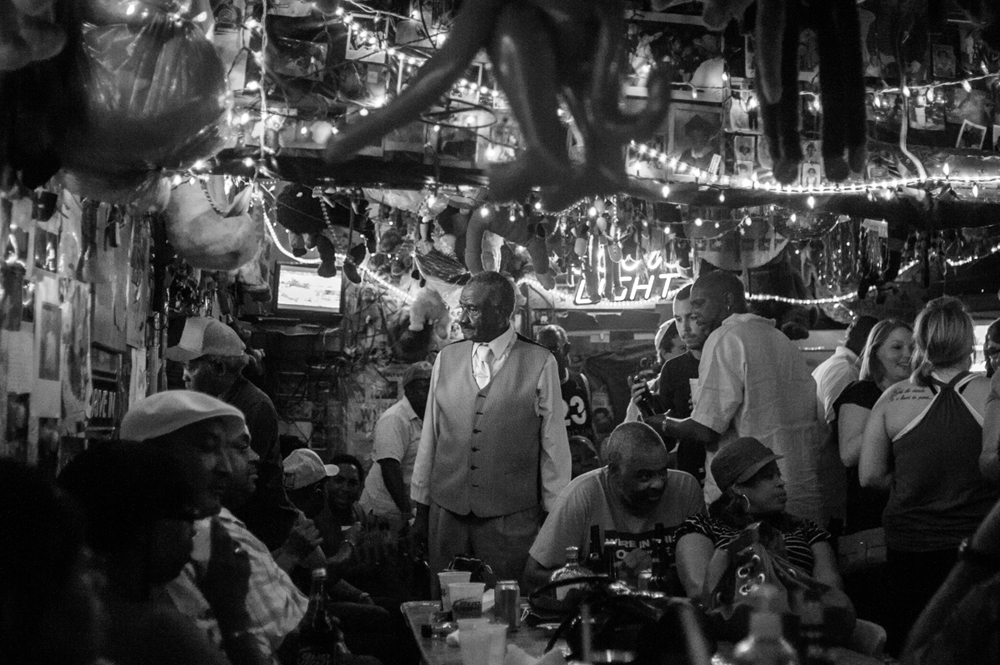
©Will Jacks, Po’ Monkey Keeping Watch, Willie “Po’ Monkey” Seaberry’s club opened in the early 60’s and grew from a handful of farm worker patrons to a destination location for travelers from around the world. Each night, Willie was present, making sure the place was comfortable for all who entered. Now that he has passed, the future of the juke is in question. When I asked him in 2009 what he thought should happen when he was gone he replied, “Can’t nobody run this place like me.”
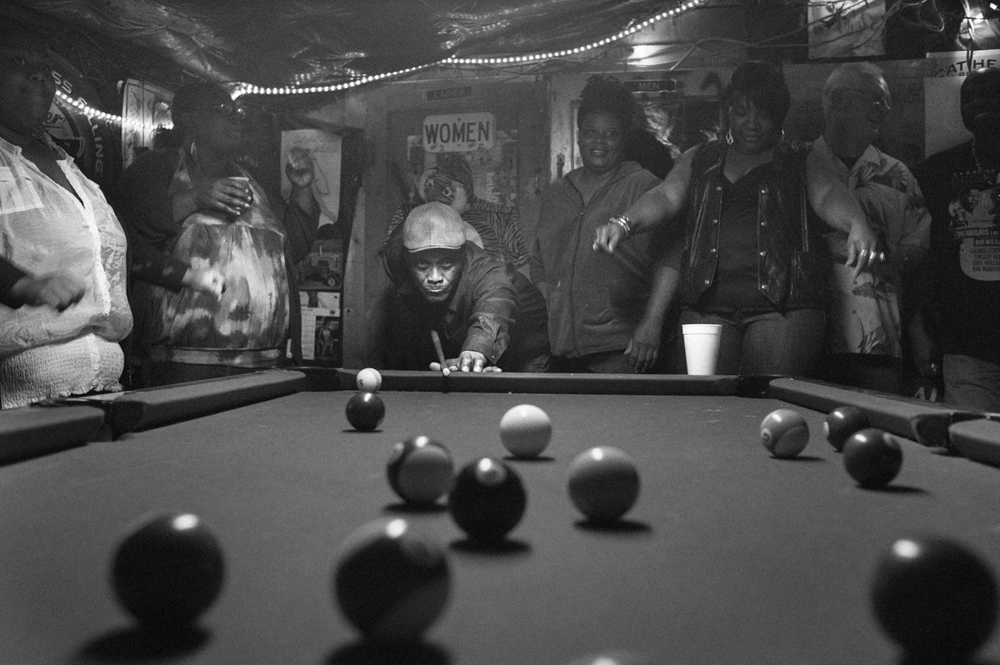
©Will Jacks, Skull Shoots Pool, “Skull” leans into a shot in the small pool room on the east side of the building. He was at Monkey’s nearly every week, and often was found around the table with other locals. He, just as many others, had learned to adapt to the severe leans in the table caused by the unevenness of the floor.
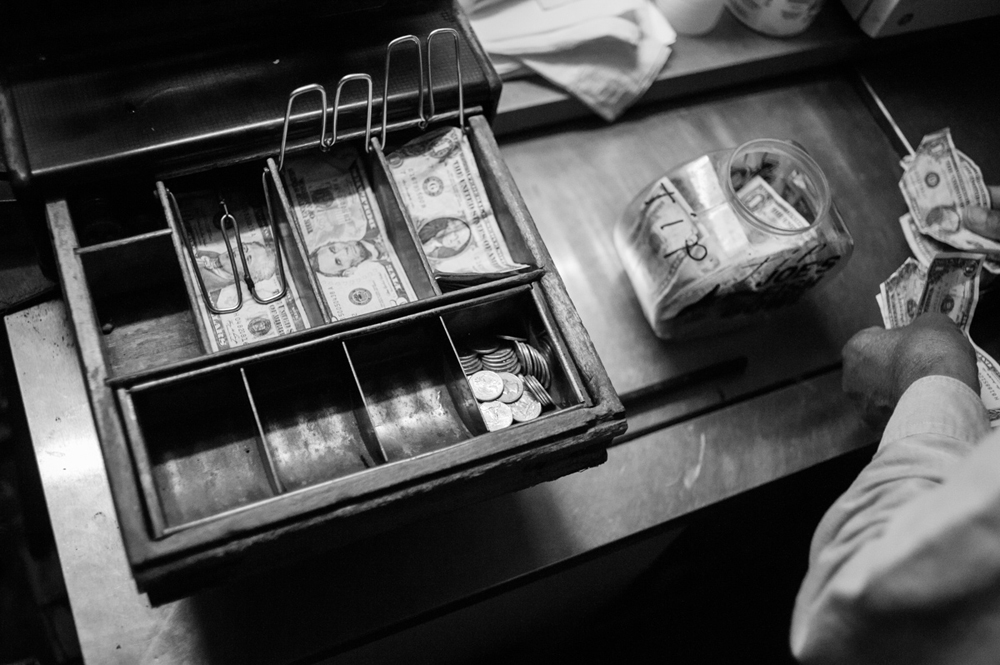
©Will Jacks, Cash Register, Entrance into Po’ Monkey’s Lounge required a $5 cover fee. 12 oz beer cost $3; 32oz cost $4. Waters and sodas were $1 apiece. A slow night would bring around 50 people, and a busy night could see as many as 300 pass through the door.
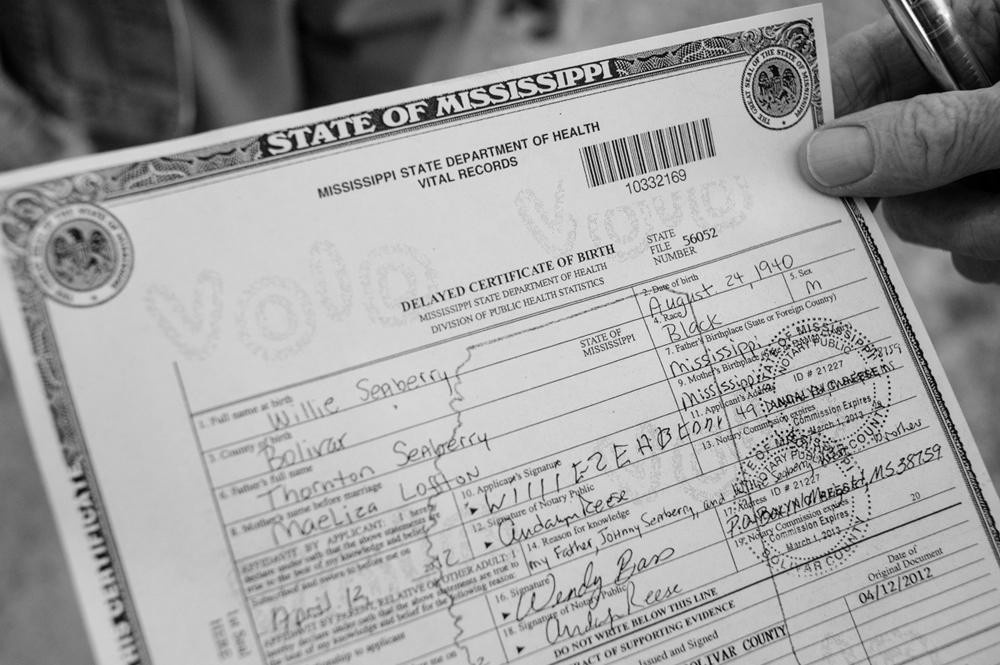
©Will Jacks, Willie’s Birth Certificate, Prior to 2012 Willie Seaberry had no birth certificate. He’d never needed one, but in 2011 his driver’s license expired and he needed a birth certificate to get a new one. Henry Hiter has always taken care of Willie’s paperwork. After a year of research, testimonies, and legal filings Willie’s birthday was officially declared to be August 24, 1940.
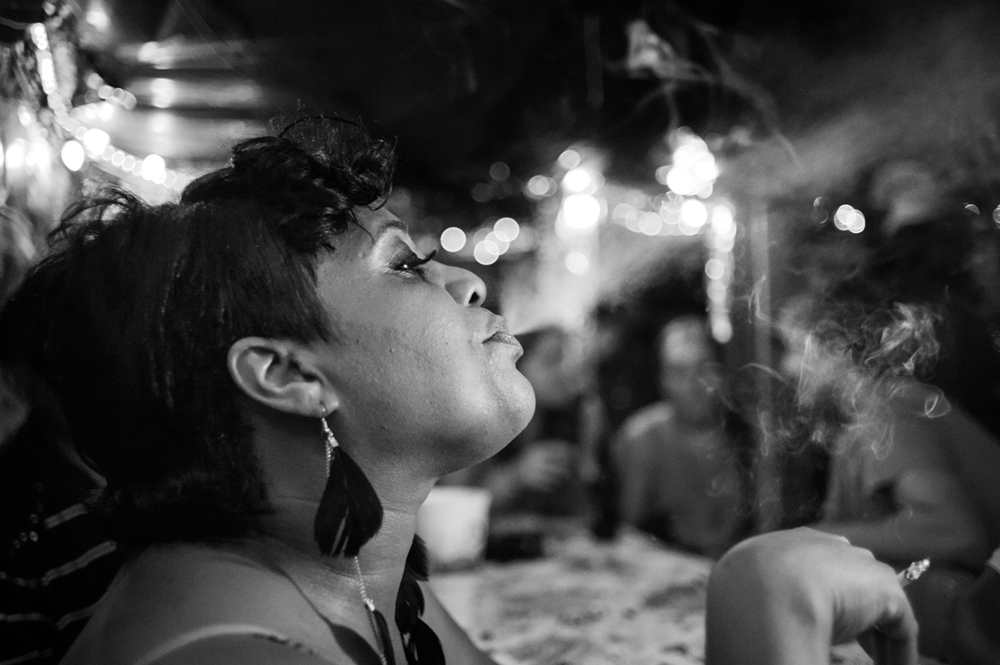
©Will Jacks, Raceda, Raceda grew up in nearby Renova, less than three miles from Po’ Monkey’s. She, like many others from the area, visited almost every Thursday night, keeping the juke grounded in local authenticity as it increasingly became a stop for blues tourists.
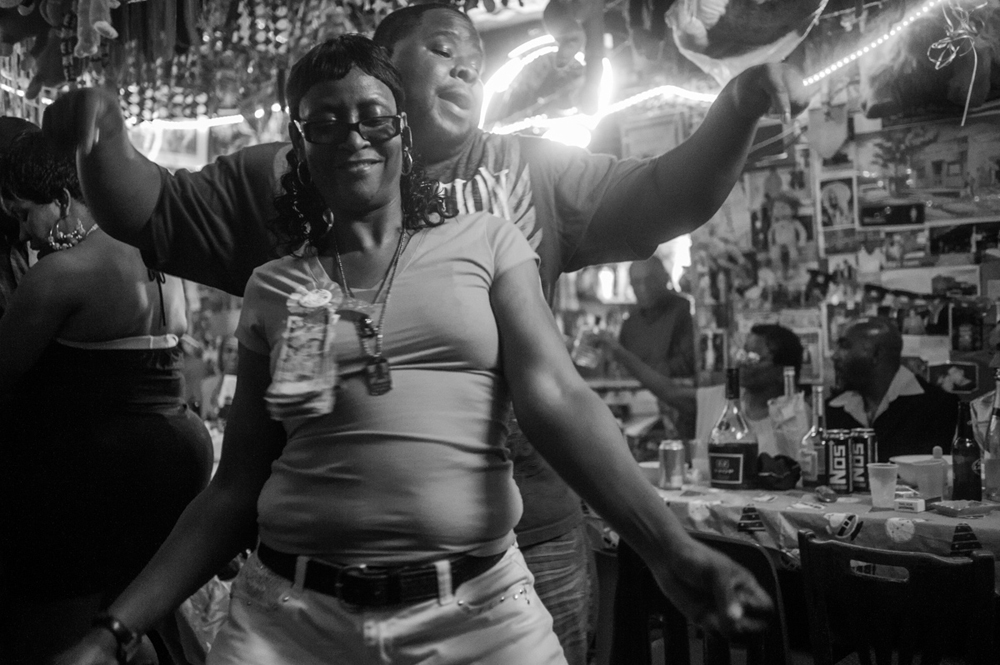
©Will Jacks, Dancing at Midnight, Wendy Bass is Willie Seaberry’s niece. She was born in the front room, which served as a make-shift dance floor and often became particularly crowded from 10PM to closing. When the topic emerges as to whether or not the juke will reopen after Willie’s death, her name is on the short list of those who may run it.
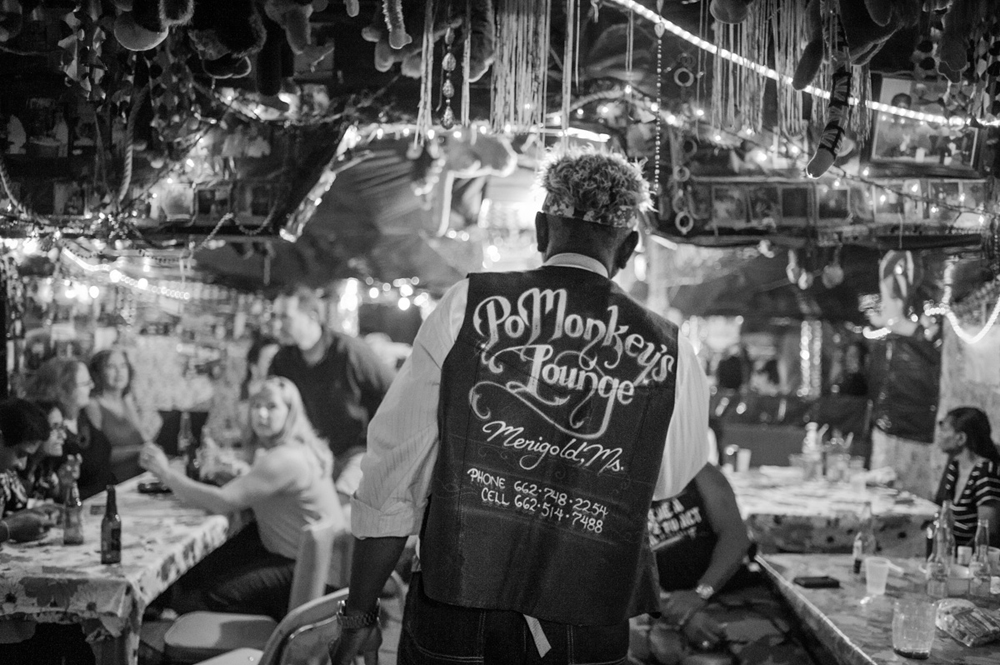
©Will Jacks, Po’ Monkey’s Lounge, Willie Seaberry makes his way through the juke he ran for over 50 years. He never set out to create a space that would attract visitors from around the world, and now that he has passed away, Mississippi state leaders are faced yet again with the question, “What happens when all of the blues greats are gone?”
Posts on Lenscratch may not be reproduced without the permission of the Lenscratch staff and the photographer.
Recommended
-
Alysia Burton Steele: The States Project: MississippiDecember 18th, 2016
-
Will Jacks: The States Project: MississippiDecember 17th, 2016
-
Jaime Johnson: The States Project: MississippiDecember 16th, 2016
-
Whitten Sabbatini: The States Project: MississippiDecember 15th, 2016
-
Don Norris: The States Project: MississippiDecember 14th, 2016

